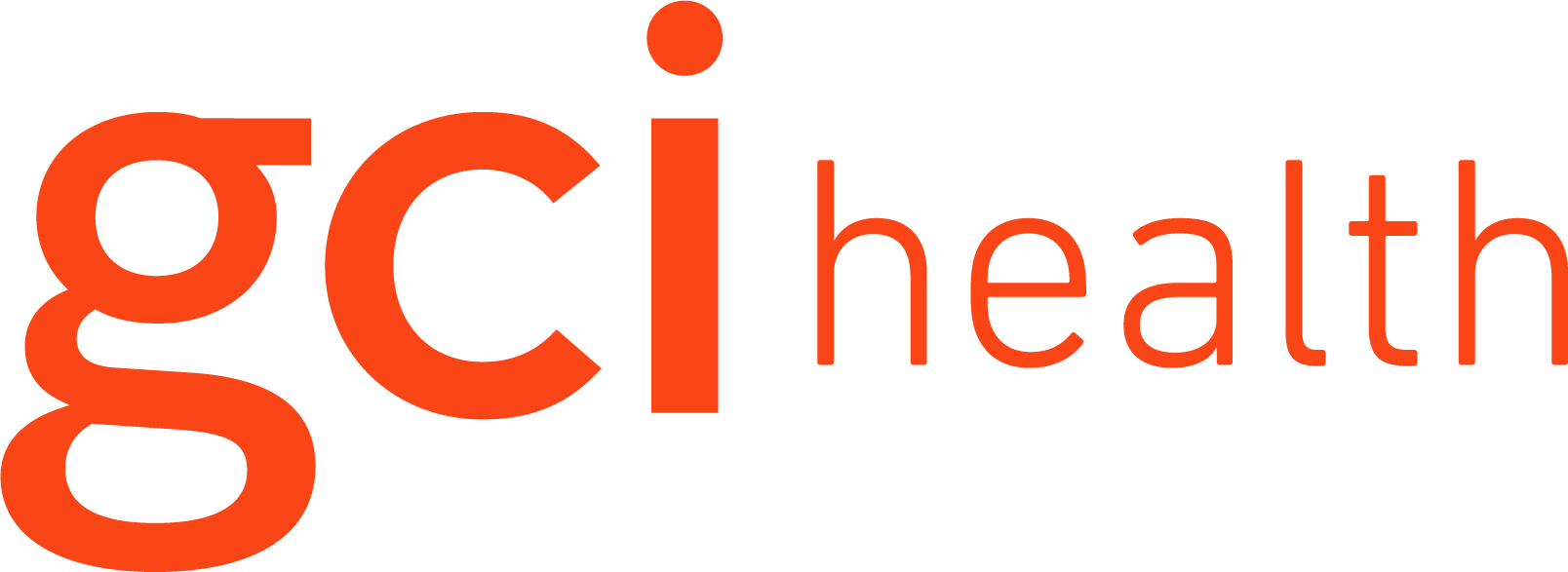As I was creating my itinerary for SXSW, I noticed that almost every other marketing and healthcare session had one thing in common: artificial intelligence. This is a concept that’s been around for years, but it’s being talked about today more than ever before. Questions can range from: “What is it?” and ”How can we use it?” to “Will it take our jobs?” Here’s what you need to know:
It’s Here, But Are We Ready for It?
AI is a buzzword that can alternately excite or scare. “Beating the Hype of AI in Healthcare,” a session hosted by Dr. Michael D. Abramoff, MD, PhD and 3Derm founder Elizabeth Asai, delved into what people are afraid of and how machine learning in healthcare isn’t as complex as some may think.
The common consensus was that most people who don’t know AI think it’s an “evil robot machine that will take over our jobs and eventually take over the world.” They have the “robot machine” part right, while the apocalyptic overtures are a bit overblown based on the current pace of innovation. Both Abramoff and Asai are founders of digital health companies that create automated diagnostic platforms to assess eye and skin diseases. Their technologies are used in a physician’s office to evaluate images of abnormalities to more efficiently inform patients on whether the brown speck on their skin is either a freckle or cancer. Yes, they are doing a doctor’s job of making a diagnosis, but no, they are not replacing doctors – they’re just helping them.
A healthcare marketer in the audience made the point that many people really aren’t “ready” for AI in healthcare yet, but asked the panelists if they had any recommendations on how to run with the idea without scaring people. Asai had a solution, noting that “AI is essentially a diagnostic tool, and when we can, we need to position it to people as a diagnostic that is used to help both patients and doctors.”
How Robots Can Make Doctors More ‘Human’
A recurring theme throughout the sessions was the disconnect in communication between doctors and patients. Dr. Austin Ring, Associate Dean of Dell Medical School at UT Austin, explained in his “Can Health Technology Increase Compassion?” presentation that most surgeons, including himself, struggle with being empathetic with patients when delivering news. “Surgeons are analytical people and are very straightforward,” says Ring. “This often can impact the patient/doctor relationship in a negative way.”
Ironically enough, however, we’re learning that robots can help doctors become more “human.” Ring shared an example of a wearable prototype that’s still in development where artificial intelligence is used to measure both the heart rate and the sound waves of a surgeon’s voice to help them remain cognizant with how they interact with patients. Based off each conversation they have, the wearable measures how compassionate the doctor was in the situation to serve as a learning lesson for their next interaction.
Times Are Changing & Change Is (Probably) Good
It’s a normal human reaction to be scared of the unknown, but what’s reassuring is that artificial intelligence has actually been around for years – it’s just becoming more advanced. Healthcare technology is evolving, which can lead to more streamlined doctor’s visits and better bedside manner. As communication professionals, we need to encourage our clients to not be afraid to talk about AI technology. The future is hitting us fast, and we need to educate consumers that this tool can be used to impact human health in a positive way.
Written by: Kelsey Fleury, Senior Account Executive, GCI Health Digital and Deirdre McAndrew, Account Executive, GCI Health Digital



